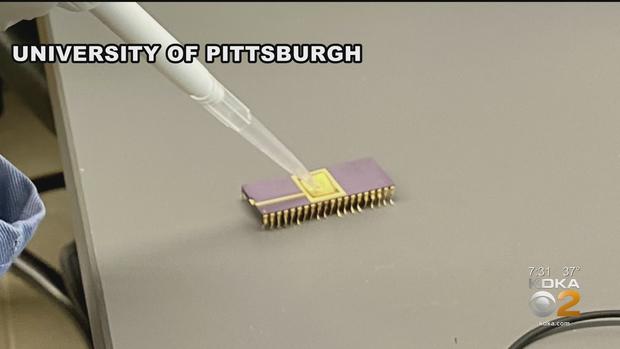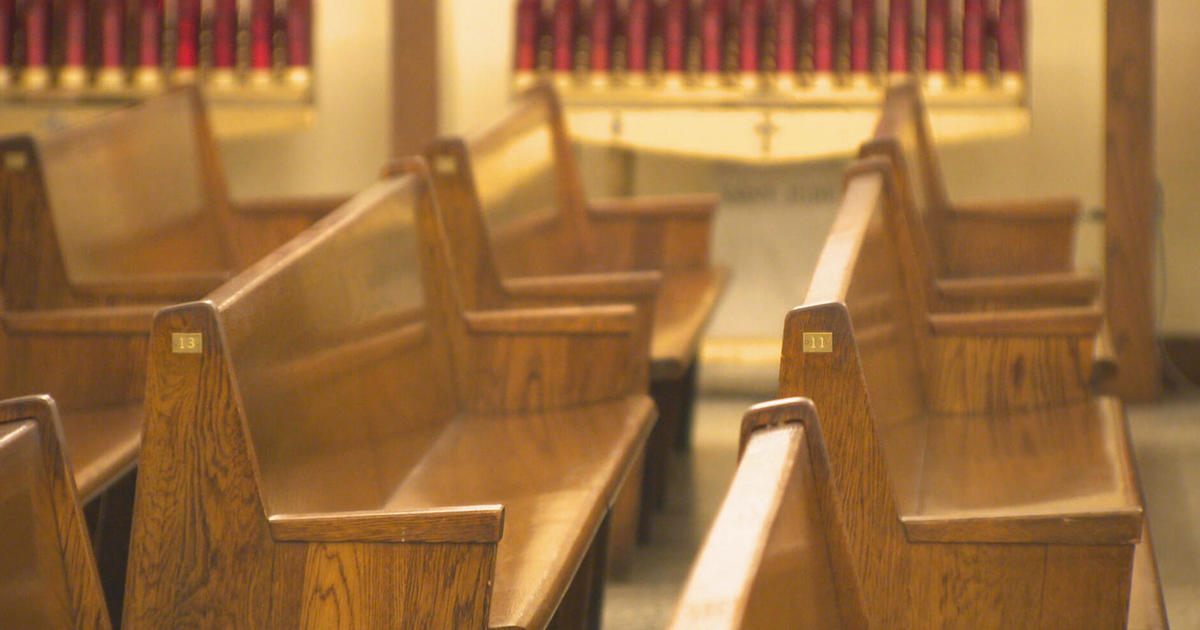Pitt And UPMC Researchers Working On Rapid Coronavirus Test That Delivers Result In 5 Minutes
PITTSBURGH (KDKA) -- Researchers from the University of Pittsburgh and UPMC are working on a new way to detect COVID-19.
It's a rapid test with a chip that's just two millimeters by two millimeters and has the power to detect COVID-19 in just five minutes.
Dr. Alexander Star, a professor of chemistry at the University of Pittsburgh, used the technology from the marijuana breathalyzer he created a few years ago to develop this rapid test during the coronavirus pandemic.
"We have the technology already. So we applied the technology and put detection of COVID-19 virus," said Star.
They are wires that are smaller than human hair. These fibers have coronavirus antibodies stitched onto them, and when these antibodies encounter the virus, they change the electrical current of the fibers, allowing the device to detect if COVID-19 is present.
Dr. Sarah Wheeler, the medical director of clinical immunopathology at UPMC, teamed up with Dr. Star on the project.
"By having a shorter test, especially when it's very easy to administer, we can find out very quickly if someone has the COVID antigen present," said Wheeler.
Dr. Wheeler said a typical rapid test takes about a half-hour to an hour before results come back so getting results in just five minutes is a game-changer.
"We continue to see the need to get people tested and when they think they might have been exposed to COVID because that's how we are really seeing so much spread. If we don't know that they have COVID, they can't quarantine," said Wheeler.
Researchers said this rapid test will even be able to detect new variants as they continue to emerge.
"By attaching different types of antibodies, which will be selected to different types of wired proteins, we can kind of create a fingerprint of the virus," said Dr. Star.
Researchers said they are still in the early clinical testing stages, so it could be a year before we see this technology used in a doctor's office.




